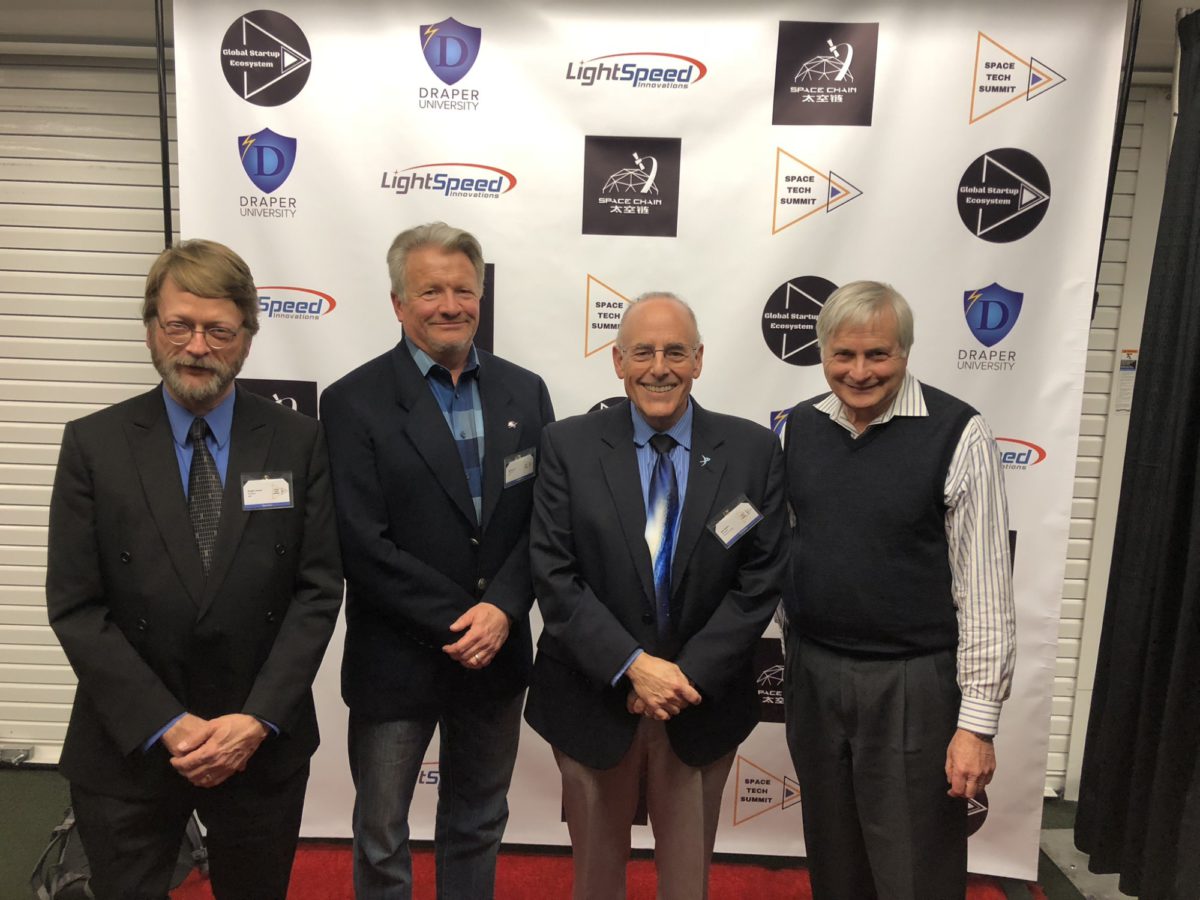Planetary Radio • Feb 07, 2018
Space, SETI, the Singularity and Shostak
On This Episode

Bill Diamond
President and CEO for SETI Institute

Seth Shostak
Senior Astronomer for SETI Institute

Doug Vakoch
President for METI International
Where is everybody? That was the question physicist Enrico Fermi asked when he wondered why we hadn’t yet met ET. What will happen if we do? Will humans lose the will to explore? These and other questions were taken up by Mat Kaplan’s panel at the recent Space Tech Summit, where he was joined by Bill Diamond and Seth Shostak of the SETI Institute, and Doug Vakoch of METI (Messaging Extraterrestrial Intelligence) International. Bill Nye reports on his successful trip to Washington DC, while Bruce Betts and Mat look up at the night sky and share a Random Space Fact.


Related Links:
- The Space Tech Summit
- The SETI Institute
- METI International and Doug Vakoch
- SETI Projects at the Planetary Society
- Chop Shop Planetary Society Store
This week's prizes are a Planetary Society t-shirt and a 200-point iTelescope.net astronomy account.
This week's question:
Time once again to play “Where in the Solar System?” Where in the solar system will you find Dingle Sinus?
To submit your answer:
Complete the contest entry form at http://planetary.org/radiocontest or write to us at [email protected] no later than Wednesday, February 14th at 8am Pacific Time. Be sure to include your name and mailing address.
Last week's question:
What type of rocket launched the first US satellite, Explorer 1?
Answer:
The answer will be revealed next week.
Question from the week before:
What are the names of Neptune’s five principal rings?
Answer:
Neptune’s five principal rings are Galle, Le Verrier, Lassell, Arago and Adams, all named for Neptune discoverers and early observers.


 Explore Worlds
Explore Worlds Find Life
Find Life Defend Earth
Defend Earth


